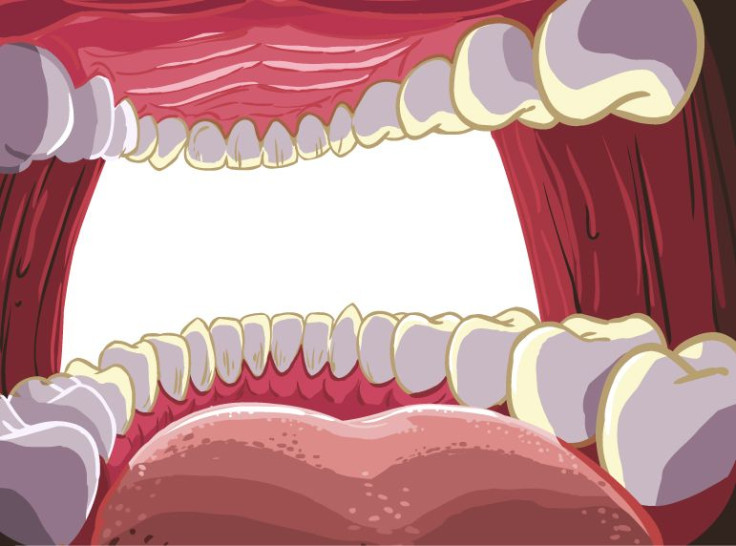Scientists Want To Add Fat To Basic Taste Flavors: Fat-Sensitive Taste Buds May Help Ease Obesity Epidemic

Could fat be the solution to the obesity epidemic? Australian researchers from Deakin University in Melbourne are making an argument for fat’s rightful place as the tongue’s sixth taste profile. In the midst of a worldwide obesity epidemic, researchers are searching for answers every day on how to slow down and stop the growing rates, and this team believes the taste of fat could help. The researchers published their findings in the journal Flavour.
The physiology of fat’s taste dates back to 330 B.C. when Greek philosopher Aristotle examined the tongue’s ability to identify a varied array of tastes. His list included bitter, sweet, succulent, oily, saline, pungent, and harsh tastes, which were divvied up into either aversive or pleasurable. Fat was classified as part of the tongue’s palate because of its texture and ability to release flavors; however, it didn’t make the chopping block in modern nutrition.
When Western science decided to recognize umami in 2007, the savory component of a food, to the basic tastes of sweetness, saltiness, sourness, and bitterness, the concept of basic tastes began to expand. When the tongue comes in contact with a particular taste, it sends a message back to the brain that’s either aversive, which includes tastes such as bitter, sour, high salt; or it's pleasurable, which includes sweet, umami, low salt, and fat. But for fat to be considered a basic taste of its own, it must fulfill five criteria.
“The evidence now is comprehensive and overwhelming enough to call fat a taste,” the study’s coauthor Russell Keast of Deakin University in Melbourne said. “We have to put a lot more fat into the trials we do for people who are overweight or obese so they are able to identify it, than healthy-weight people. It has this relationship with diet which appears to be very important.”
In the team’s previous research, they studied 500 volunteers’ sensitivity to the taste for fat. They argue that the tongue’s taste buds can detect the presence of fatty acids, and the individual’s sensitivity to fat can predict diet choices. A high-fat diet maximizes the body’s ability to absorb fat but doesn’t change the appetitive, which ultimately throws fuel into the obesity epidemic fire. Our tongues are trained enough to know what fat tastes like, so its absence from food won't slow down our metabolism. By officially declaring fat earned its own place in our taste buds, a person can train himself to slow down on intake with further research.
“When we think about those foods that were put out in the 1990s, low-fat foods that were often failures, maybe it’s as simple as not understanding the role of fat,” Keast said. “You just can’t remove the fat from a food and replace the textural components and replace the flavor release and expect it to be successful because you haven’t matched the taste component, which has all of these other physiological and psychological effects that will affect the liking and acceptance of the food.”
Source: Keast R and Costanzo A. Is fat the sixth taste primary? Evidence and implications. Flavour. 2015.
Published by Medicaldaily.com



























